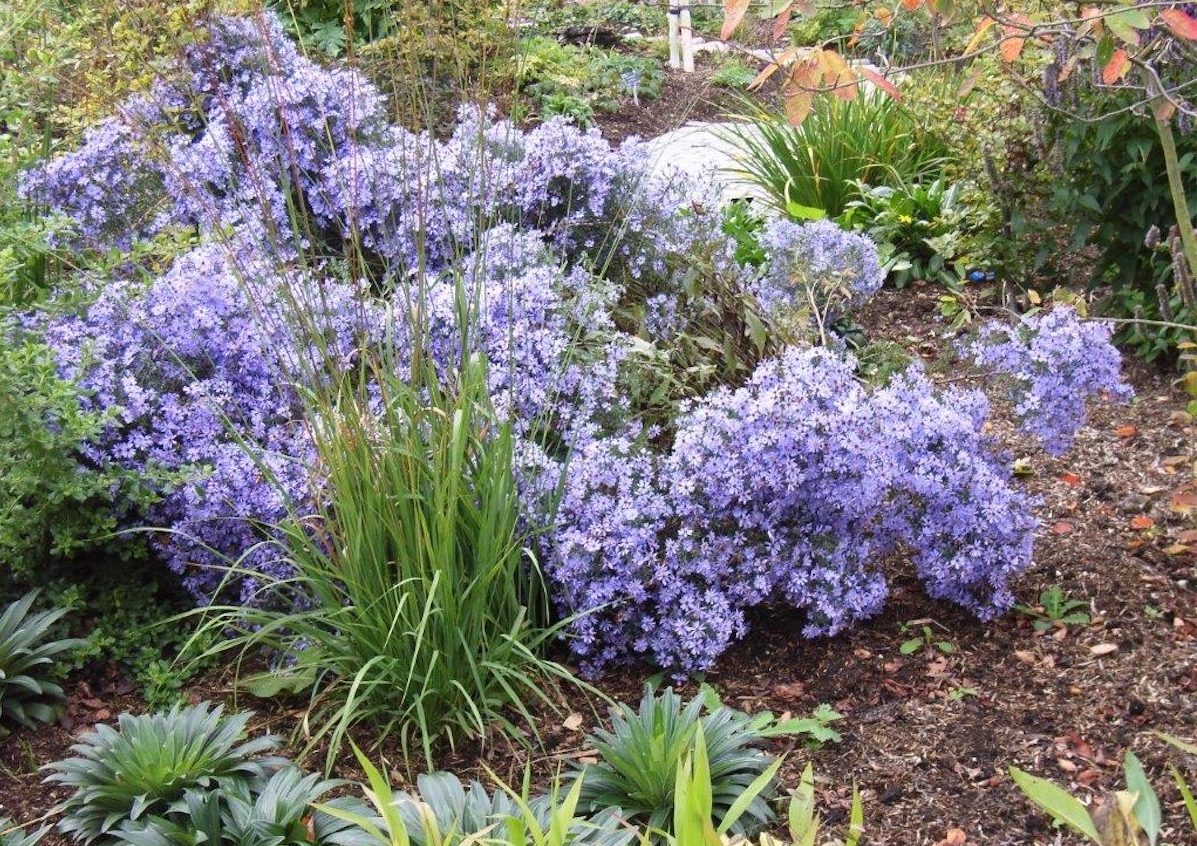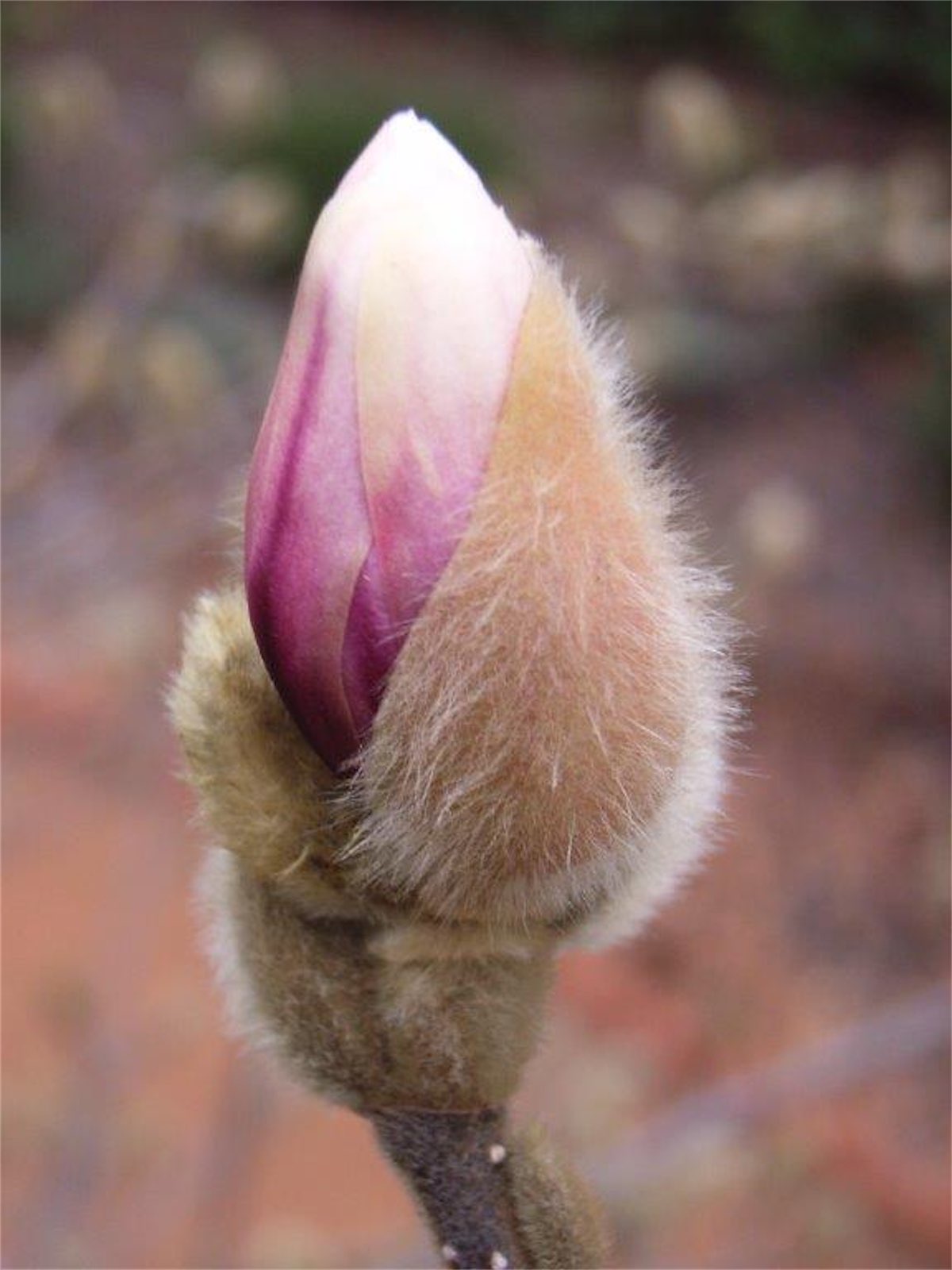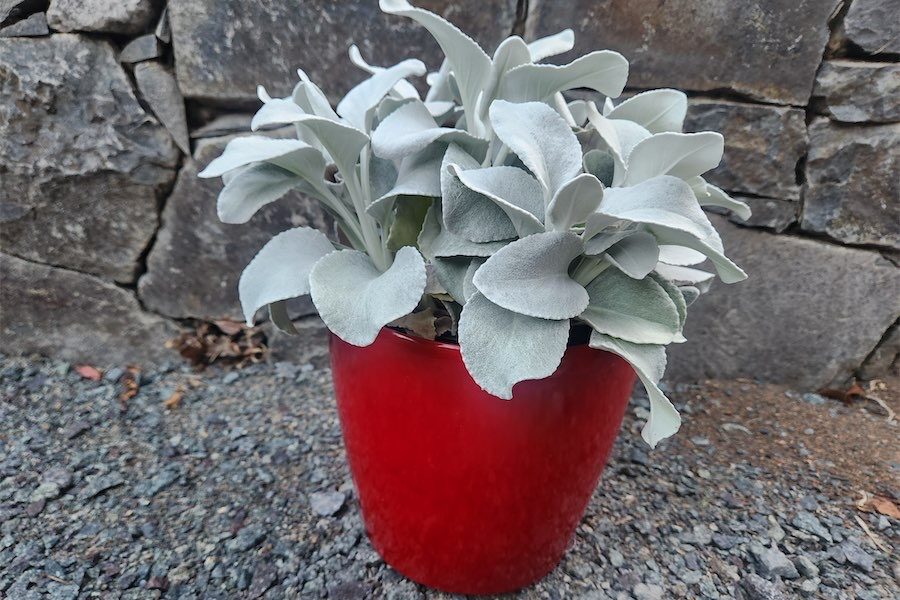
Gardening writer CEDRIC BRYANT writes that it that time of the year that gardeners get excited about getting a new plant, but what happens next…
IT’S that time of year when gardeners get excited about that new plant covered in flowers at the garden centre, and simply must have it.

And then at home, it sits in the pot for weeks until the right spot is found. It’s always best to look at the vacant spaces in the garden and then decide how big a plant will fit there.
Even then, think of groups rather than individual plants. This will always be more effective in colour, leaf form and shape.
When planting, whether shrubs or perennials, think in groups of threes, fives or sevens for the best effect.
Often, plants grow larger than the information on the label. David Young, one-time presenter on ABC Saturday morning radio in Canberra, used to say: “Look at the plant size on the label and double it”.
WHEN considering what to plant, my approach is based on the Royal Horticultural Society’s plant list of 85,000 plants. The UK-based RHS is a perfect place for garden information, but remember to add six months to compensate for the difference in seasons.

DESPITE the ever decreasing size of building blocks and the increasing concrete jungles of high-rise units, according to Yates, the sale of veggie seeds continues to increase.
Householders with sunny balconies are growing veggies and herbs in pots and hanging baskets. Also there’s no reason why veggies can’t be grown amongst other plants. Herbs, carrots, lettuce and English spinach can all be grown amongst the ornamental perennials.
I OFTEN receive queries regarding leaf drop on evergreen plants. All plants, whether evergreen or deciduous drop leaves. Interestingly, I also receive requests when designing gardens for plants that do not drop leaves. Well, plastic plants will solve the problem! On evergreen plants, as the new leaves develop the older leaves at the base of the stems turn yellow and drop. It is not caused by a disease or insects. I liken it to a snake periodically shedding its skin. This is particularly noticeable on daphne plants.
START mulching all garden beds now. For mulch to be effective, it should be 50-75 millimetres thick. Often tree surgeons offer mulch free or a nominal charge. But be aware where the mulch came from – is it just from a particular tree? Or have the tree guys been clearing a garden full of weedy shrubs such as privet, cotoneaster or pyracantha? If so, that great, cheap mulch will soon start sprouting all those environmental weed seeds throughout your garden!
Jottings…
- Plant peonies and dahlias.
- Check out garden centres for potted crocus and cyclamen for inside colour that can be planted out after flowering.
- Deciduous summer flowering shrubs such as Buddleia can be pruned quite hard now. Remove some of the older wood in the centre.
- Strawberry planting time is now. Always purchase virus-free plants from garden centres rather than plants given by well-meaning friends.
- If those fuchsia shoots look dead, don’t pull them out. As the days warm, new shoots will start to appear. Then remove any obviously dead branches and trim back to three leaf joints as the buds appear.
- As camellia sasanqua has finished flowering, now’s the time to trim it back and feed it, as almost immediately new shoots start forming for next year’s flowers.
This is a “best of” compilation from Cedric’s columns of the past 10 years.
Who can be trusted?
In a world of spin and confusion, there’s never been a more important time to support independent journalism in Canberra.
If you trust our work online and want to enforce the power of independent voices, I invite you to make a small contribution.
Every dollar of support is invested back into our journalism to help keep citynews.com.au strong and free.
Thank you,
Ian Meikle, editor




Leave a Reply